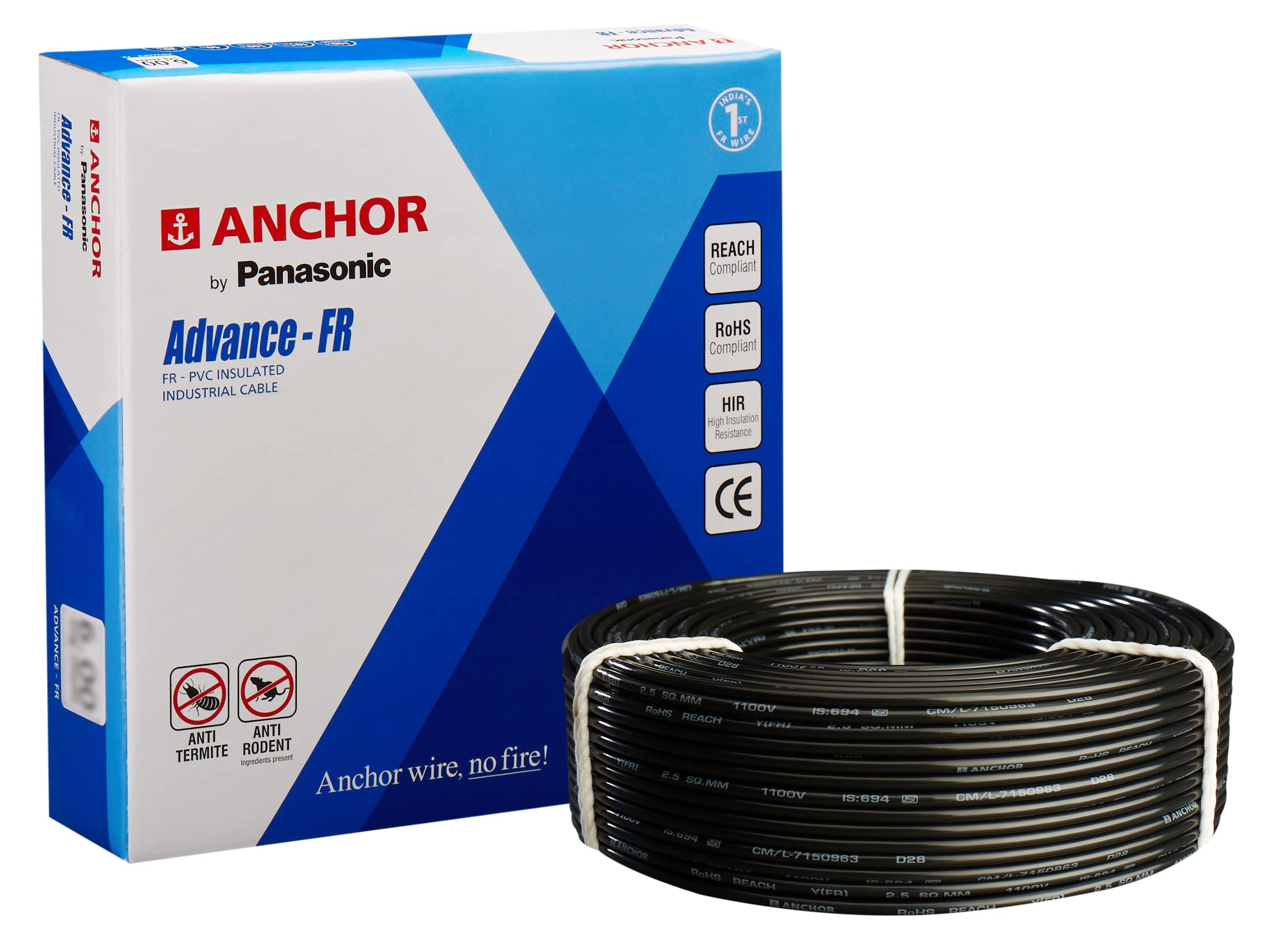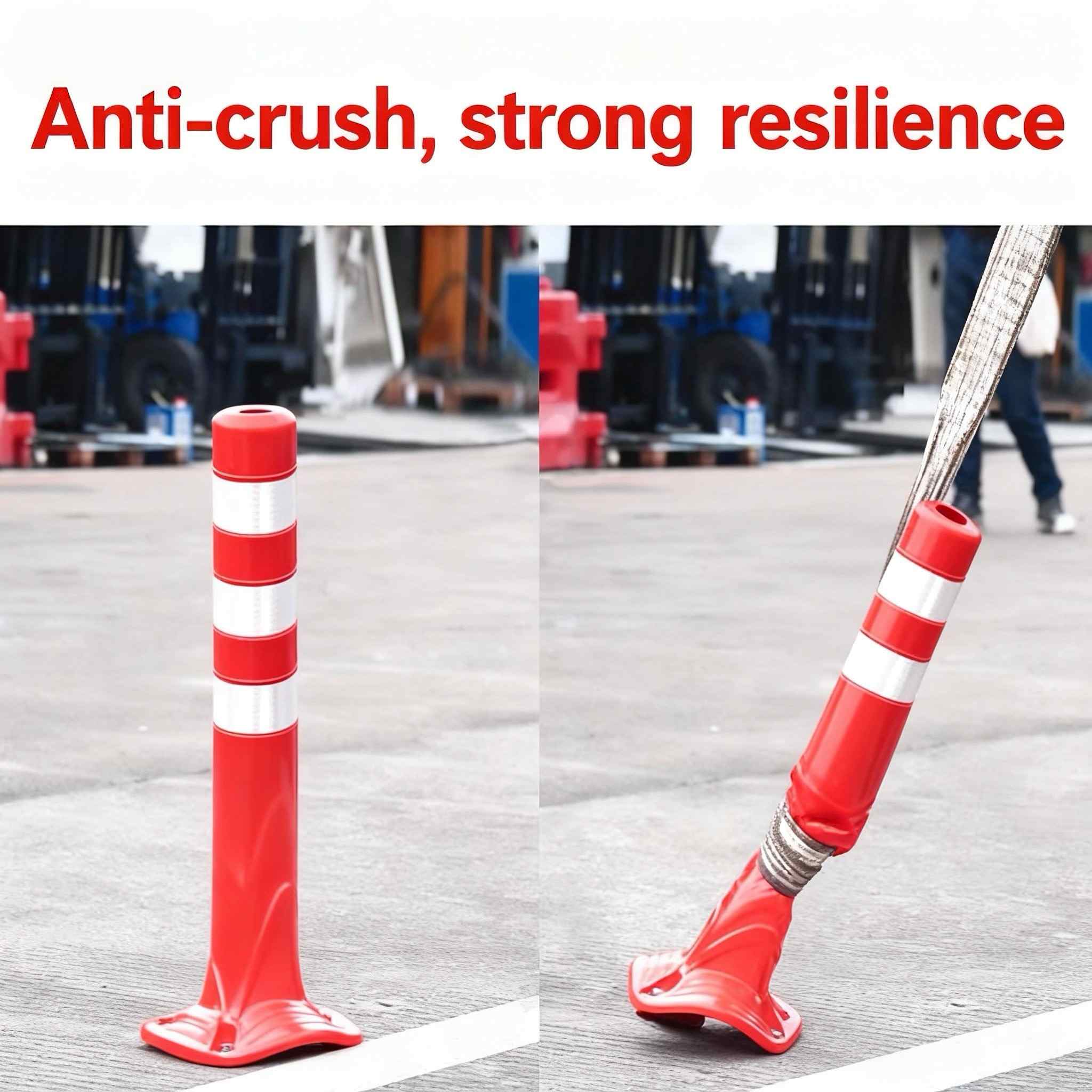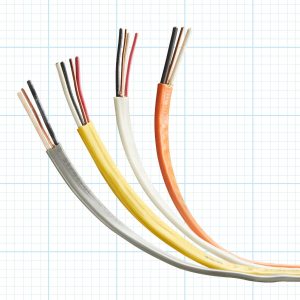Choosing the right cable wire for your project or application is crucial for ensuring safety, reliability, and performance. With the wide range of cable types and specifications available, it can be challenging to make the right decision. This comprehensive guide will help you navigate the world of cable wires and make an informed choice based on your specific needs.
- Understanding Cable Construction
Before delving into the selection process, it's essential to understand the basic construction of cable wires. Cables typically consist of a conductor, insulation, and an outer jacket or sheath. The conductor carries the electrical current, while the insulation protects it from external factors and prevents electrical leakage. The outer jacket provides additional protection and may include features like flame retardancy or UV resistance.
- Consider Your Application
The first step in choosing cable wire is to consider the specific application it will be used for. Different applications have unique requirements in terms of voltage, current, temperature, and environmental conditions. For instance, indoor wiring may require lower voltage and different insulation material compared to outdoor wiring, which needs to withstand extreme temperatures and weather conditions.
- Evaluate Conductor Material
The material of the conductor is a crucial factor that determines the cable's electrical properties. Copper is a common choice for most applications due to its excellent conductivity and durability. However, other materials like aluminum or silver may be suitable for specific uses, depending on cost, weight, and performance requirements.
- Insulation Type and Thickness
The type and thickness of insulation are essential for protecting the conductor and ensuring the cable's safety and reliability. Different insulation materials offer various degrees of protection against electrical leakage, mechanical damage, and environmental factors. Choose an insulation material that meets the safety standards and performance requirements of your application.
- Voltage and Current Ratings
The voltage and current ratings of the cable are crucial for ensuring safe and efficient operation. Make sure to select a cable that can handle the voltage and current levels required by your application. Exceeding the cable's ratings can lead to overheating, damage, and even fires.
- Environmental Considerations
Environmental conditions can have a significant impact on the performance and lifespan of cable wires. Consider factors like temperature, humidity, UV exposure, and chemical exposure. Choose a cable that is rated for the specific environmental conditions it will be exposed to.
- Flexibility and Durability
Flexibility and durability are important considerations, especially in applications where cables need to be routed through tight spaces or subjected to frequent bending or vibration. Look for cables that offer good flexibility without compromising on durability.
- Cost and Availability
Finally, cost and availability are practical considerations that should be taken into account. While it's important to choose a cable that meets your performance and safety requirements, it's also essential to consider the budget and availability of the cable. Compare prices from different suppliers and ensure that the cable you choose is widely available to avoid delays in your project.
In conclusion, choosing the right cable wire for your project requires a careful consideration of multiple factors, including application, conductor material, insulation type, voltage and current ratings, environmental conditions, flexibility and durability, and cost and availability. By following this comprehensive guide, you can make an informed decision that ensures the safety, reliability, and performance of your cable wiring system.









+ There are no comments
Add yours